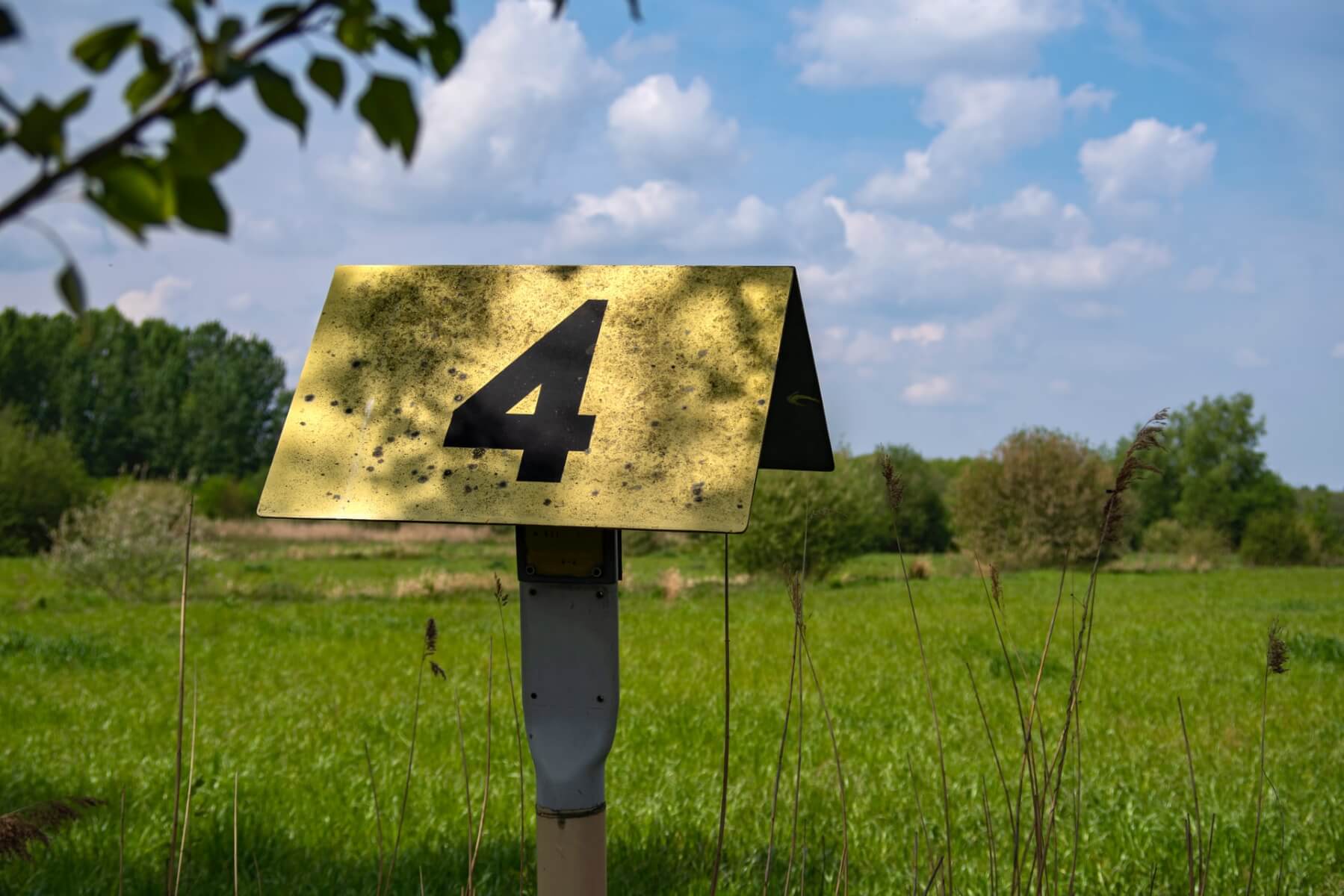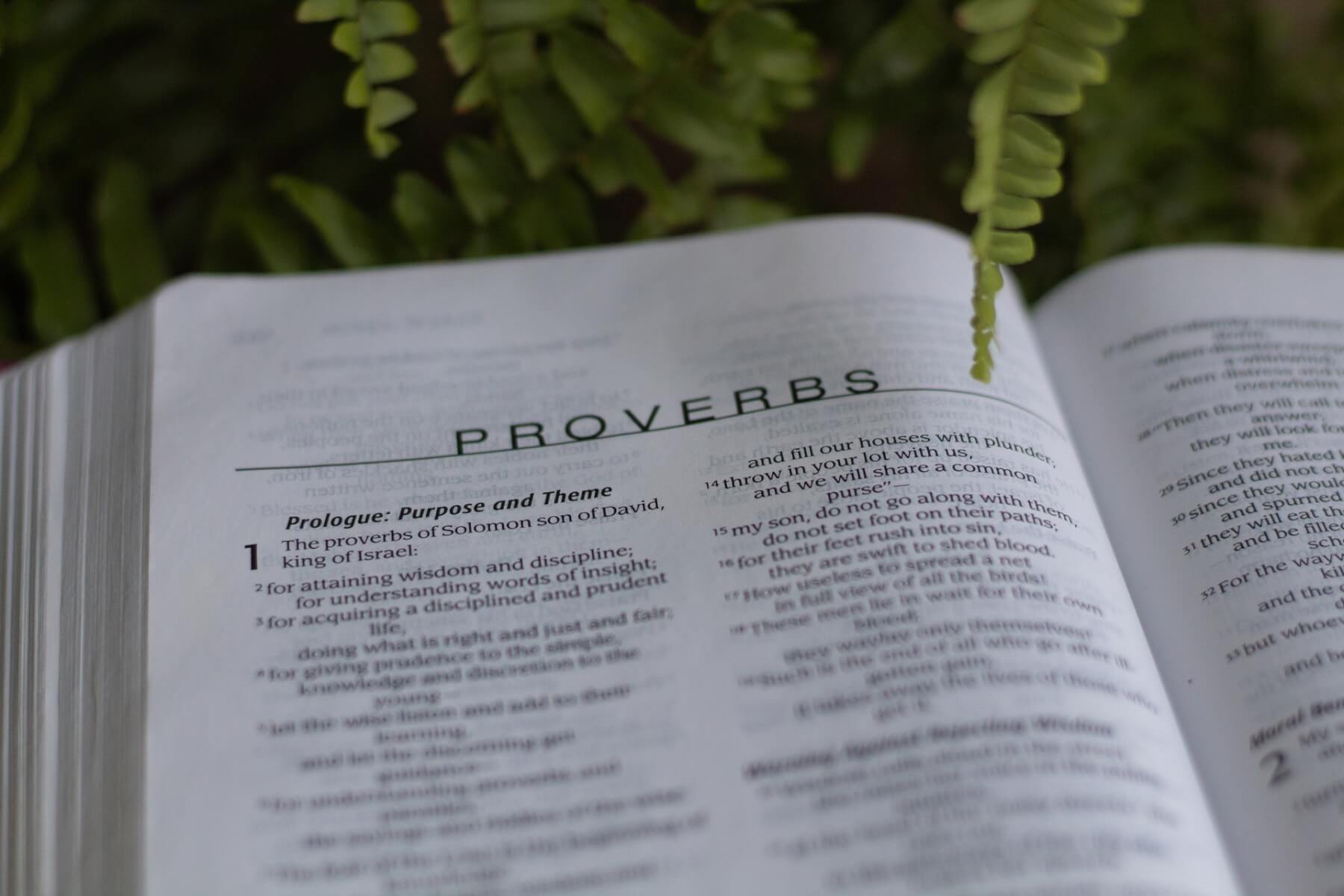Scriptural accounts in the Bible detail instances of cannibalism during periods in the Old Testament. This occurred when the followers of God were facing severe famine to the brink of death due to sieges. Such dejection was often the consequence of their own defiance.
Cannibalism is mentioned a number of times throughout the Old Testament but it is always seen as a serious act of despair and suffering. God’s Word clearly describes the intended diet of man, God’s view of pagan rituals – which often involved human sacrifice – and the preciousness of children. Let’s take a closer look.
Cannibalism in the Bible
It is surprising that there are mentions of cannibalism in the Bible. By looking at scripture as a whole we can understand and interpret the instances where it is mentioned – either as a metaphorical description or as an actual event.
Gen 9:3-6 ESV Every moving thing that lives shall be food for you. And as I gave you the green plants, I give you everything. But you shall not eat flesh with its life, that is, its blood. And for your lifeblood I will require a reckoning: from every beast I will require it and from man. From his fellow man I will require a reckoning for the life of man. “Whoever sheds the blood of man, by man shall his blood be shed, for God made man in his own image”.
As Noah and his sons leave the ark, The LORD addresses them about what they should eat and how seriously He will deal with murderers. The LORD provides food in the form of plants and animals and reaffirms the preciousness of human life. From this passage, it is easy to see that cannibalism was never God’s desire for man.
Deuteronomy 18:9-10,12a ESV “When you come into the land that the Lord your God is giving you, you shall not learn to follow the abominable practices of those nations. There shall not be found among you anyone who burns his son or his daughter as an offering … for whoever does these things is an abomination to the Lord.
The nature of cannibalism often involves human sacrifice (murder) – this type of behaviour was typical of the pagans who worshipped false gods and was completely contrary to God’s ways – He hated it!
Psalm 27:2 ESV When evildoers assail me to eat up my flesh, my adversaries and foes, it is they who stumble and fall.
Here is an example of the metaphorical mention of cannibalism. David is painting a picture, a gruesome one, to emphasis the depth of despair and suffering which is to be contrasted against his hope in The LORD later in the psalm.
Unfortunately, there are places in the Old Testament that do record actual events of cannibalism. Let’s take a closer look.
Cannibalism in the Old Testament
Leviticus 26: 27-29 ESV But if in spite of this you will not listen to me, but walk contrary to me, then I will walk contrary to you in fury, and I myself will discipline you sevenfold for your sins. You shall eat the flesh of your sons, and you shall eat the flesh of your daughters.
Here The LORD is warning his people about the consequences of disobedience. The LORD’s discipline is so serious that his people will suffer to the point of eating their own children. Knowing that children are incredibly precious and a reward from God (Psalm 127), this is a very serious warning from God and highlights the depth of despair the Israelites would experience should they stray from the truth.
2 Kings 6: 28-29 ESV And the king asked her, “What is your trouble?” She answered, “This woman said to me, ‘Give your son, that we may eat him today, and we will eat my son tomorrow.’ So we boiled my son and ate him. And on the next day I said to her, ‘Give your son, that we may eat him.’ But she has hidden her son.”
This devastating account takes place when the city of Samaria is under siege and the people are starving to the point of death. This horrendous suffering and despair is contrasted against the mercy of God in the following chapter. There are similar mentions of cannibalism in Lamentations 4:10 and Ezekiel 5:10. It’s seen as a heavier disobedience than other laws like getting tattoos.
Some may point to the story of David and Goliath where David takes Goliath’s head back to Jerusalem (can you believe how old David was when he did this?). But it’s pretty clear this wouldn’t constitute cannibalism.
Cannibalism in the New Testament
There aren’t any mentions of cannibalism in The New Testament but there is a passage that does cause some confusion where Jesus is talking about his body and blood. A literal interpretation could be mistaken for cannibalism.
Jesus painted pictures with His words when He taught and often referred to Himself as inanimate objects or life-giving objects. He is the bread of life (John 6:35). He is living water (John 4:14). He is the temple that would be destroyed and rise again (John 2:19).
John 6:53-56 ESV So Jesus said to them, “Truly, truly, I say to you, unless you eat the flesh of the Son of Man and drink his blood, you have no life in you. Whoever feeds on my flesh and drinks my blood has eternal life, and I will raise him up on the last day. For my flesh is true food, and my blood is true drink. Whoever feeds on my flesh and drinks my blood abides in me, and I in him.
In the passage above, we see Jesus referring to Himself as the source of life: food and drink. We know that Christ is the perfect sacrifice, the Lamb of God who came to take away the sins of the world (John 1:29). Christ was appealing to the Jews to accept the perfect sacrifice, His broken body and spilled blood in order to spend eternity with Him. This is an act of faith, a beautiful picture of atonement, and a far cry from cannibalism.
The Bible’s Take on Cannibalism
Cannibalism, while a very real experience of God’s people in the Old Testament, was never God’s will for His people. On the contrary, it only occurred when the Israelites were suffering to the point of death – either from the consequences of disobedience or from the nature of wars and sieges.
Cannibalism was sometimes used metaphorically to emphasize suffering in the Psalms. And in the New Testament, Christ referring to his body as flesh to be eaten and his blood as wine to be drunk can be misinterpreted as cannibalism when in fact it is a beautiful image of His perfect sacrifice and gift of eternal life.





